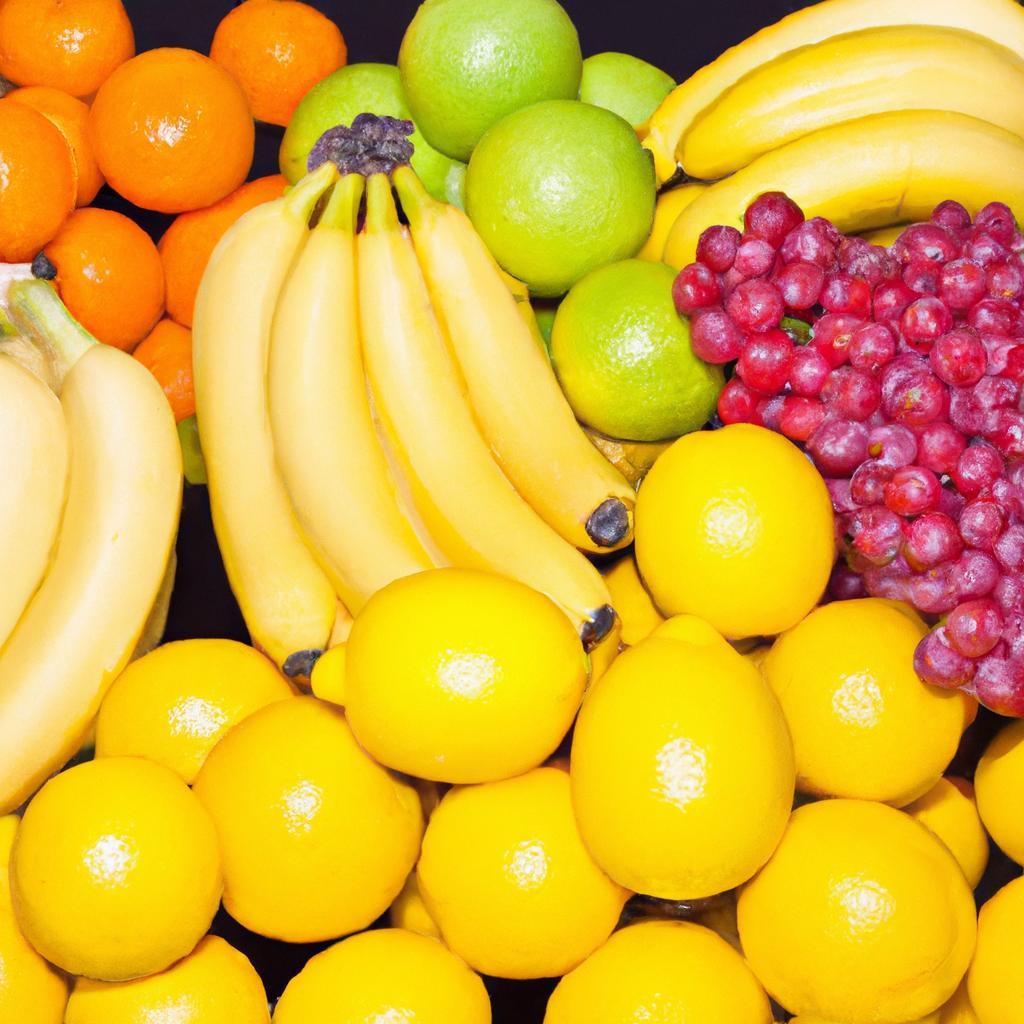
The Healing Power of Foods: What to Eat for Health
Imagine if the key to healing and thriving was as simple as what you put on your plate each day. From ancient remedies to modern science, the healing power of food has been celebrated and studied for centuries. By understanding the nutrients and properties of the foods we eat, we can learn to harness their potential to nourish and heal our bodies from the inside out. In this article, we will explore the best foods to eat for health and how they can support overall well-being and vitality. Join us on a journey of discovery as we uncover the secrets of the healing power of foods.
Table of Contents
- Foods that Boost Immune System Function
- The Role of Antioxidants in Fighting Inflammation
- Incorporating Omega-3 Fatty Acids for Heart Health
- Balancing Blood Sugar Levels with Whole Grains and Fiber
- Q&A
- Wrapping Up
Foods that Boost Immune System Function
One of the best ways to support your immune system and overall health is through the foods you eat. Incorporating immune-boosting foods into your diet can help protect your body against illnesses and infections. From vibrant fruits to nutrient-rich vegetables, there are plenty of delicious options to choose from.
Some foods that are known for their immune-boosting properties include:
- Citrus fruits like oranges, lemons, and grapefruits
- Berries such as strawberries, blueberries, and raspberries
- Leafy greens like spinach, kale, and arugula
The Role of Antioxidants in Fighting Inflammation
Antioxidants play a crucial role in combating inflammation within the body. By neutralizing free radicals and reducing oxidative stress, these powerful compounds help to prevent and reduce inflammation, which is linked to a myriad of health conditions. Incorporating antioxidant-rich foods into your diet can help support your body’s natural defenses and promote overall well-being.
Some of the best sources of antioxidants include:
- Berries: Blueberries, raspberries, and strawberries are packed with antioxidants like vitamin C and polyphenols.
- Leafy greens: Spinach, kale, and broccoli are rich in antioxidants such as vitamins A and K.
- Nuts and seeds: Almonds, walnuts, chia seeds, and flaxseeds are excellent sources of antioxidants and healthy fats.
Incorporating Omega-3 Fatty Acids for Heart Health
One key component of maintaining a healthy heart is by incorporating foods rich in Omega-3 fatty acids into your diet. Omega-3 fatty acids have been proven to lower the risk of heart disease, decrease inflammation, and improve overall heart health. Including these essential fats in your daily meals can have a significant impact on your cardiovascular system.
Some great sources of Omega-3 fatty acids include:
- Fatty fish such as salmon, mackerel, and sardines
- Flaxseeds and chia seeds
- Walnuts
- Canola oil
Balancing Blood Sugar Levels with Whole Grains and Fiber
When it comes to maintaining balanced blood sugar levels, incorporating whole grains and fiber-rich foods into your diet can be incredibly beneficial. These foods provide a slower release of sugar into the bloodstream, helping to prevent spikes and crashes in blood sugar levels. Whole grains such as quinoa, brown rice, and oats are excellent sources of complex carbohydrates that can contribute to stable energy levels throughout the day. Additionally, fiber-rich foods like beans, lentils, and vegetables help to slow down the absorption of sugar, keeping blood sugar levels steady.
Adding a variety of whole grains and fiber to your meals can not only help in balancing blood sugar levels but also provide a range of nutrients essential for overall health. Consider incorporating foods like whole grain bread, barley, and bulgur into your diet as alternatives to refined grains. Experiment with different types of legumes like chickpeas, black beans, and kidney beans to increase your fiber intake. By making these simple swaps and additions to your meals, you can support your body in maintaining stable blood sugar levels and promoting long-lasting health.
Q&A
Q: What role do foods play in our overall health and well-being?
A: Foods are not only a source of energy but also contain healing properties that can help improve our health and support our body’s natural healing processes.
Q: How can certain foods help to boost our immune system?
A: Foods rich in antioxidants, vitamins, and minerals, such as berries, citrus fruits, and leafy greens, can help strengthen our immune system and reduce the risk of illness.
Q: What are some foods that have anti-inflammatory properties?
A: Foods like turmeric, ginger, and fatty fish contain compounds that can reduce inflammation in the body, which is linked to chronic diseases like heart disease and arthritis.
Q: Can eating certain foods help to improve gut health?
A: Yes, foods like yogurt, kefir, and sauerkraut contain probiotics that can promote a healthy gut microbiome, which is important for digestion and overall health.
Q: How can a balanced diet help to improve mental health?
A: Eating a variety of nutrient-dense foods, like whole grains, nuts, and oily fish, can help support brain function and mood regulation, which can in turn improve mental health.
Wrapping Up
the healing power of foods cannot be underestimated. From the vibrant colors of fruits and vegetables to the rich flavors of herbs and spices, our diet plays a crucial role in maintaining our health and well-being. By incorporating a variety of nutrient-dense foods into our meals, we can nourish our bodies and support our immune systems. So next time you’re at the grocery store or planning your meals, remember that every bite you take is an opportunity to heal and thrive. Here’s to eating well and living well!

